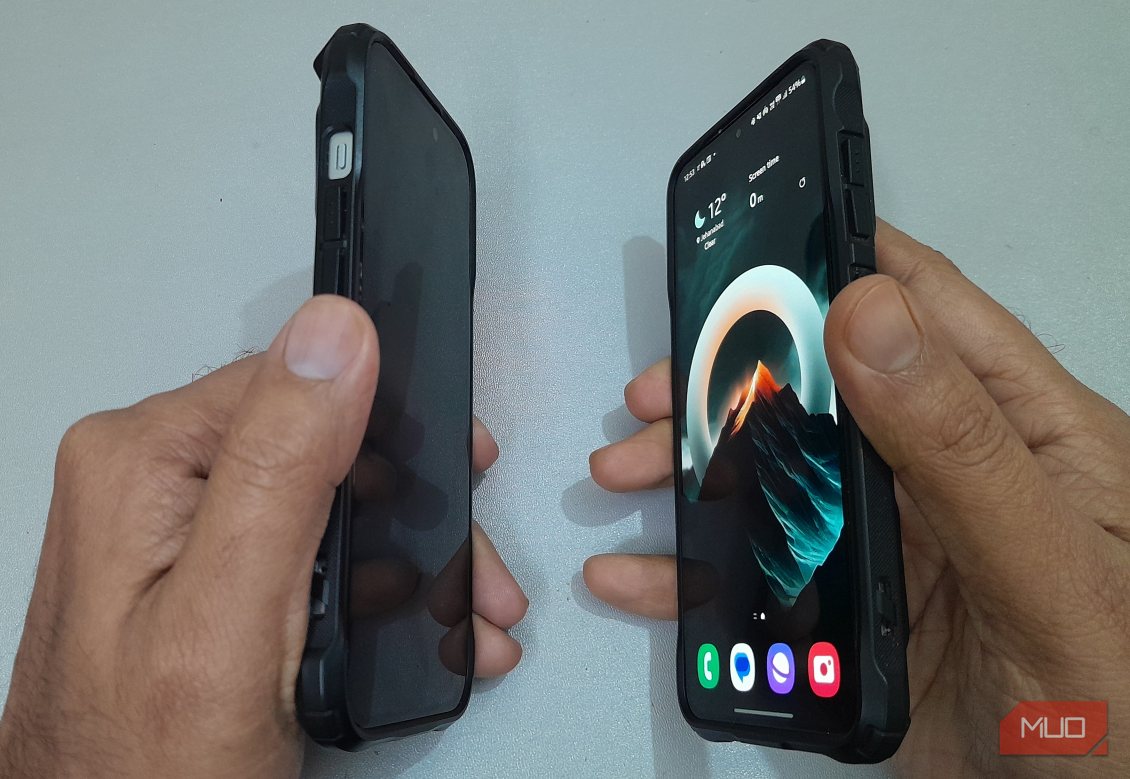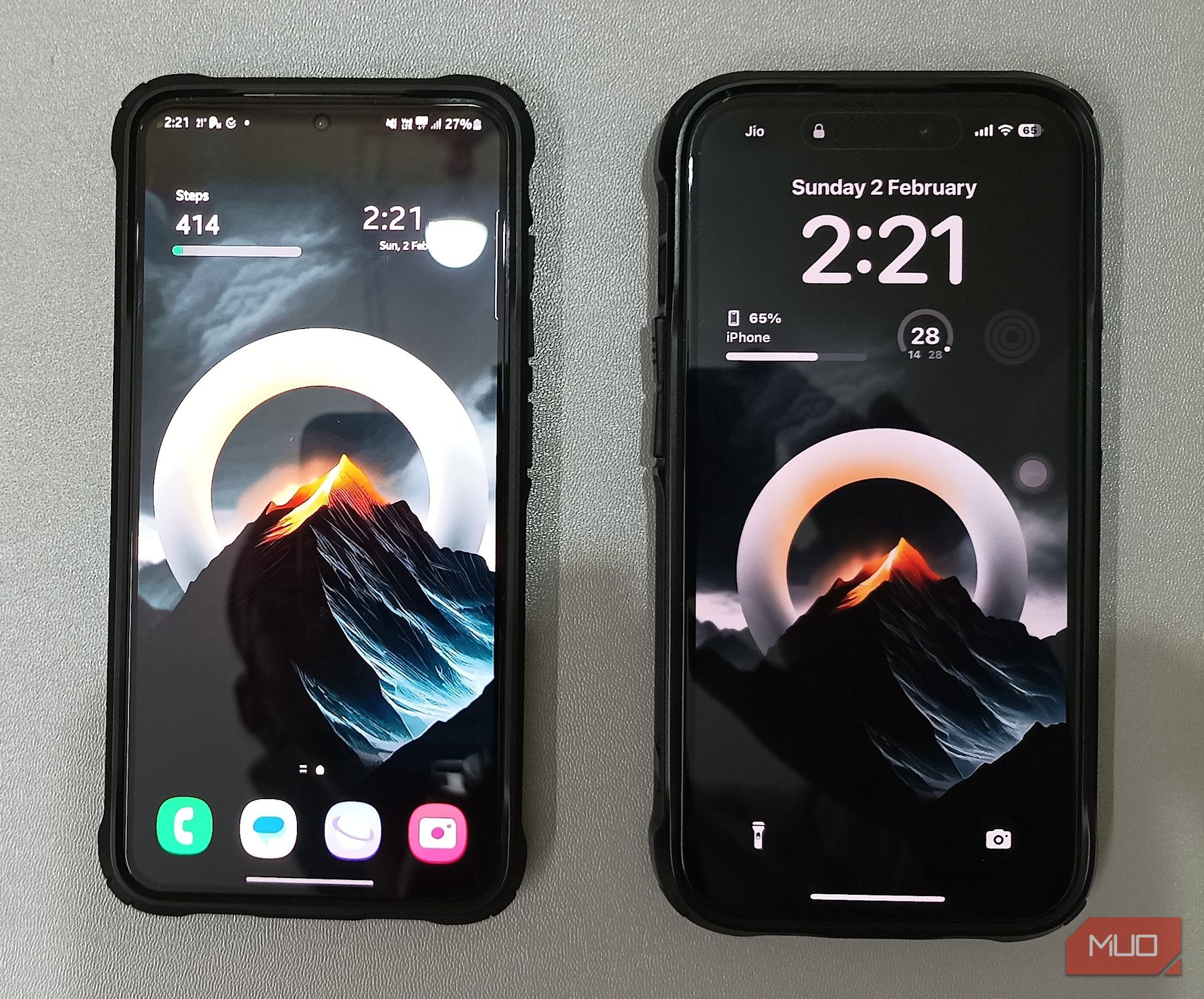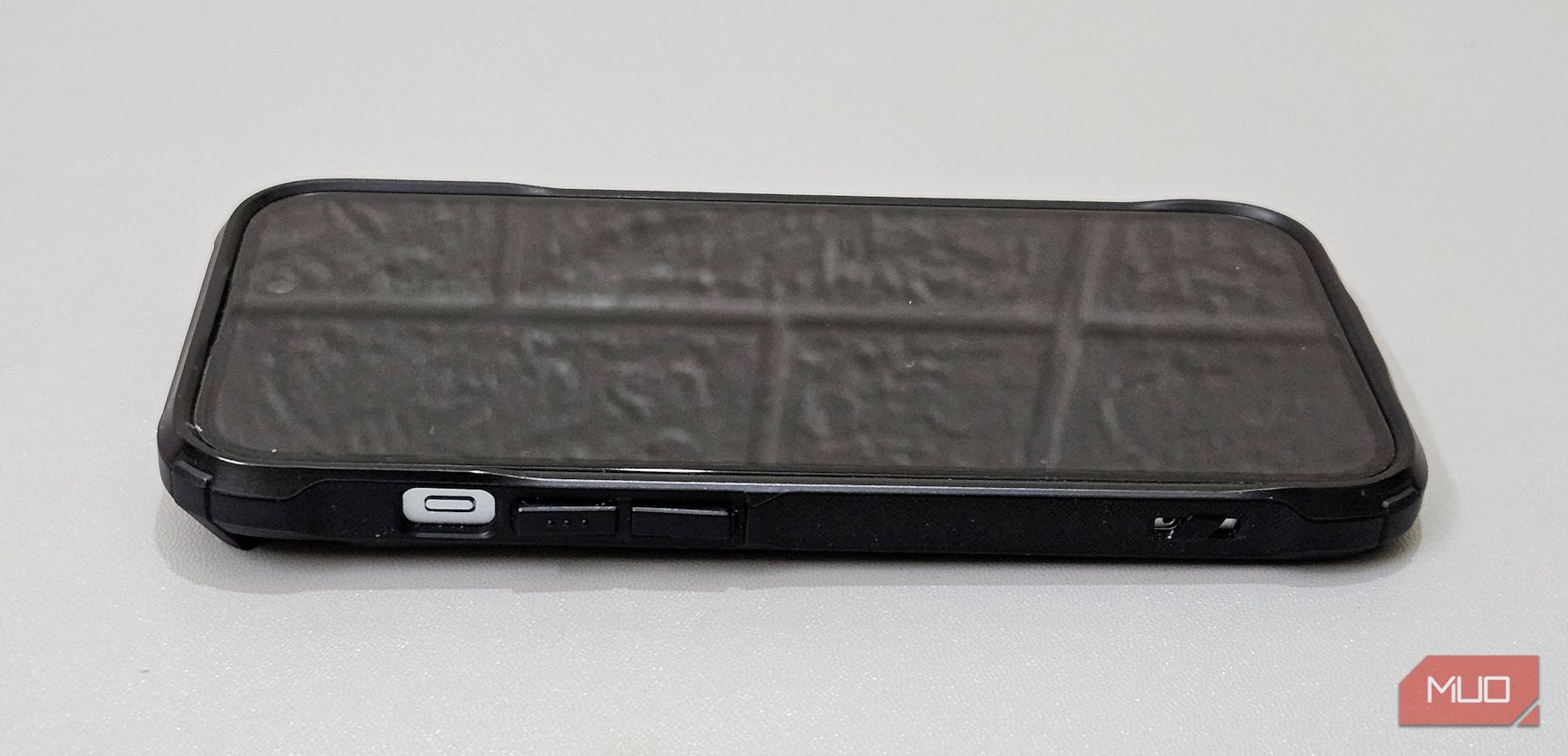Worried about someone peeking into your smartphone screen? I was, so I tried a privacy screen protector—and the results surprised me.
Why I Tried a Smartphone Privacy Protector Screen
I use my phone everywhere—on the train, at work, and even in line at the grocery store. Over time, I noticed something uncomfortable: people looking at my screen. Sometimes, it was accidental, like someone sitting next to me on a train. Other times, it felt like curious eyes intentionally peeking over my shoulder.
At first, I brushed it off, but it kept happening. Whether on social media, replying to emails, or managing finances, my screen was visible to anyone nearby. It started to make me feel uneasy. I didn’t want to tilt my phone or cover the screen with my hand in public. Then I found out about privacy screen protectors that block side views.
It seemed like an easy fix, so I tried it.
How Does a Smartphone Privacy Screen Protector Work?
A smartphone privacy screen protector narrows the viewing angle of the device’s display, making it harder for others to see what’s on the screen from the sides. It uses micro-louver technology, a series of tiny vertical blinds embedded in the film.
When viewed straight on, the screen appears clear and bright, but as the viewing angle increases, these blinds block much of the light, causing the screen to darken or become unreadable. It prevents prying eyes from catching a glimpse of sensitive information or private messages.
At the same time, most privacy screen protectors also offer basic protection against scratches, reducing the chance of damage to the display.
Benefits of a Privacy Protector Screen
After a few weeks of using the privacy screen protector, I noticed several benefits:
Enhances Privacy
I tried a privacy screen protector for better privacy, and it didn’t disappoint. Its micro-louver technology creates a narrow viewing angle, so only the person in front can see the screen. Anyone peeking from the side sees a darkened display—perfect for keeping nosy passengers out of my business. It boosts privacy and gives me peace of mind in crowded spaces.
Reduces Blue Light Fatigue
Privacy screen protectors also block blue light from screens, which can cause eye strain and headaches and disrupt sleep patterns. Blue light tricks your brain into thinking it’s still daytime, suppressing melatonin—the hormone that regulates sleep. It can mess up your sleep quality and impact your mood, learning, and focus. So, this feature is a bonus for me as I often use my phone before bedtime and experience eye fatigue.
Minimizes Glare & Reflections
Another benefit of a privacy screen protector is its anti-glare feature. It reduces glare and reflections, making it easier to see what’s on your screen. This feature is especially useful when working outdoors in direct sunlight or under harsh indoor lighting.
High-end smartphones, like Samsung Ultra models, already have anti-glare coatings built into their screens. However, a privacy screen protector can provide similar benefits at a much lower cost for older or budget phones.
Limitations of Privacy Screen Protectors
Despite all its benefits, a privacy screen protector isn’t perfect. Like anything, it has downsides, so think twice before getting one.
Decreases Screen Brightness & Clarity
The privacy protector uses micro-louver technology to block side views, so the screen may appear darker. You may need to increase your screen brightness, which could drain your battery faster. It also reduces glare and reflections, though it may slightly affect screen clarity. So, if you’re all about a super crisp screen, this could be a bit of a drawback.
Limited Viewing Angles (Even for You)
Privacy screen protectors block side views but may also affect your viewing comfort. If your phone isn’t at the right angle, the screen might look dim or dark. For example, if your phone is on a desk, you might have to lean over to see it clearly.
If you’re lying down, the screen could face the ceiling instead of your eyes, so you’ll have to tilt it to see better. Similarly, sharing your screen with someone next to you can be tricky due to the privacy filter.
Incompatible With Fingerprint Sensors
Many smartphones today, especially those with in-display fingerprint scanners, use ultrasonic or optical sensors. However, privacy screen protectors are usually thicker and less clear than normal ones, which might compromise sensor accuracy. Consequently, it may take multiple attempts to unlock your phone.
Using a privacy screen protector on your smartphone has some pros and cons. It ultimately depends on your preference; if you’re okay with reduced clarity and limited viewing angles, a privacy screen protector might work for you. If not, stick with a regular screen protector.









